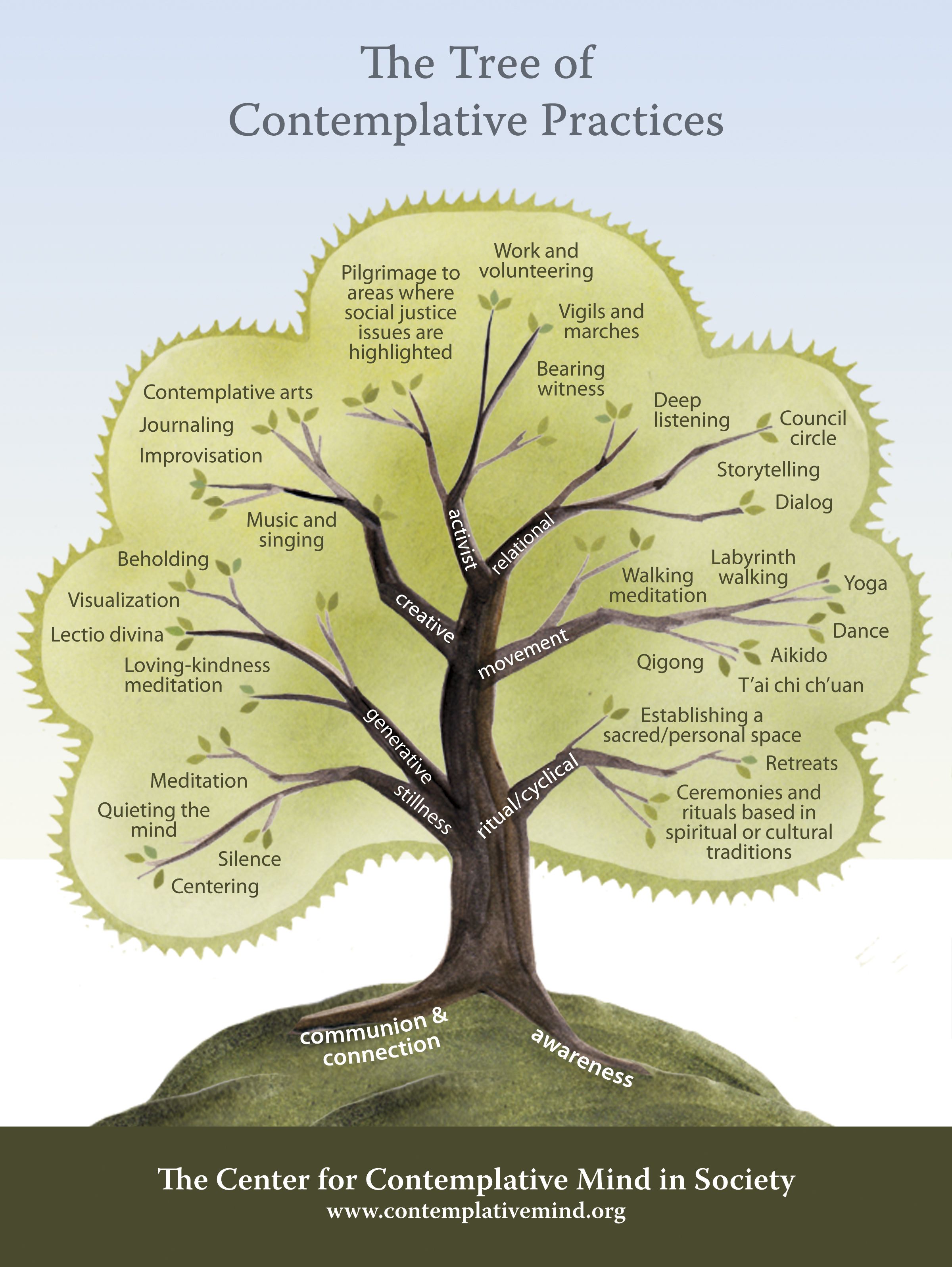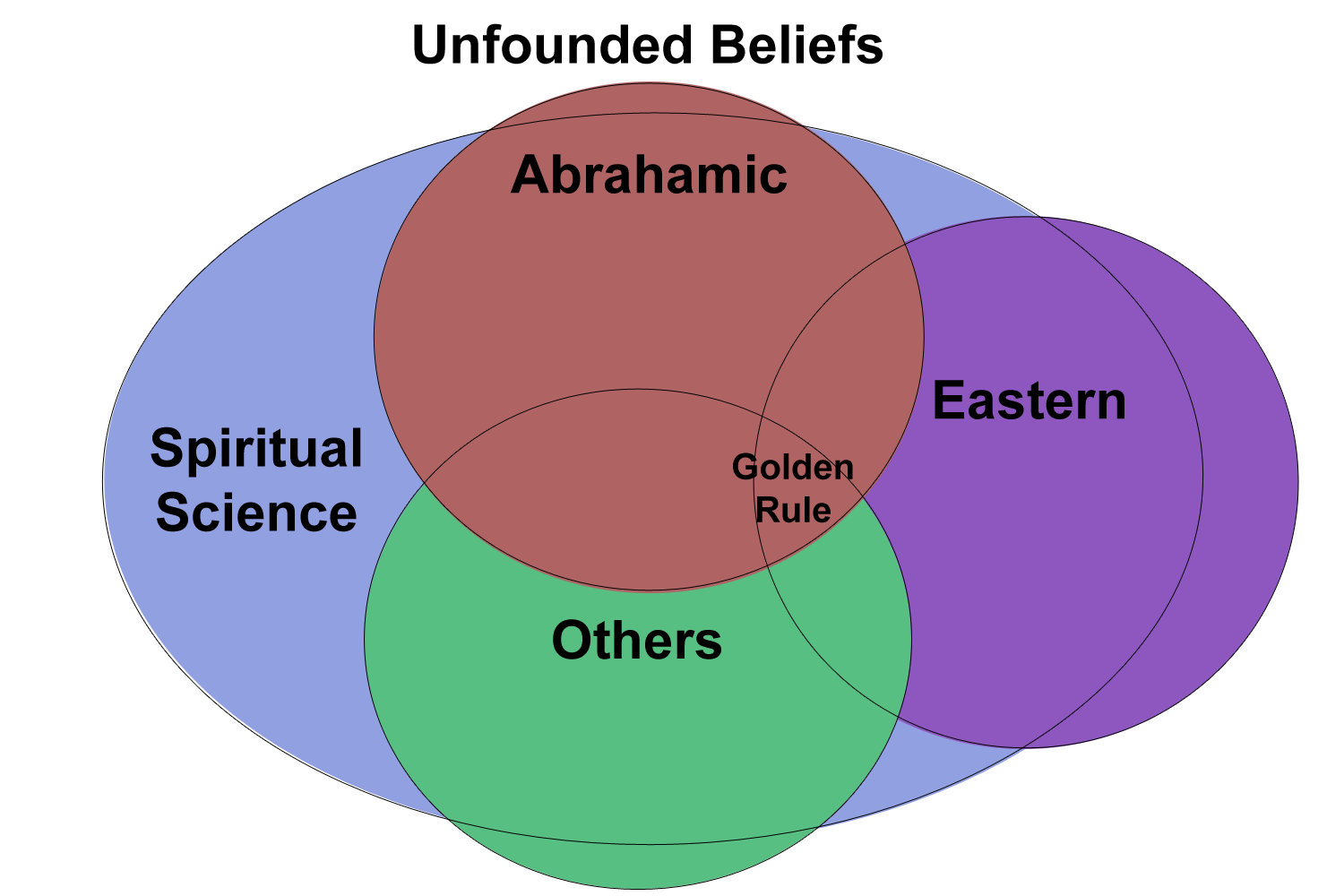Spirituality

Spirituality is defined here as the personal pursuit of one's core beliefs, our connections to the human community and the universe, and our efforts to help ourselves live in accordance with those convictions and connections.
This definition of spirituality has no implied belief in the supernatural, in order to allow for "secular spirituality" that is compatible with science.
Sacredness in this context is anything that can inspire awe and wonder. This includes nature and its many fractal creations, as well as the awe-inspiring works of human civilization. Even in a secular world, we hold up some things as being necessary for a flourishing life and worthy of protection and celebration.
"Where are our souls created during the big bang"
"It depends on what you mean by 'our souls'"
"You know what I mean by our souls." -Philomena Cunk and Brian Cox
In case you don't know what they mean by our souls, try sounding it out loud. If that doesn't work, this definition might help. The soul is the emergent property of consciousness that arises from the neurons in the brain and body, just like a hive is the emergent property of many bees working in concert, and the universe is an emergent property of many atoms doing the laws of physics. Spiritual terms often refer to emergent properties of complex systems, which is why they seem so real to believers--because they are real things! They are just intrinsic patterns rather than material objects. We now have the terminology and theories that allow us to examine these things scientifically.
For an academic lecture from this perspective, watch The Sciences of Emergent Complexity: Evolutionary Emergence of Body, Mind, and Spirituality or one of the thousands of others like it.
Spirituality Pages
An index of pages that discuss topics related to spirituality.
- Religion, Belief Systems, Dogma, and Rituals
- Scripture, Canon, Literalism, and Allegory
- Fractals, Pantheism, God, and the God Concept
- Love, Happiness, Optimism, and the Theory of Everything
- Universalism and the Universal In-Group
- Meaning of Life, Primal world beliefs, The Gambler, and Enlightenment
- Truth, Faith, Authority, and Trust
- Ethics, Taboo, and Outrage
- Suffering and Altruism
- Karma, Heaven and Hell, Death and the Afterlife
- Creation Story, Creationism, and Evolution
- Apocalypse Prevention
- Atheism versus Pseudoscience and the Supernatural
- Secular Ethics, Secular Humanism, and Secular Institutions
- Wonder versus Woo
- Persuasion and Language
- Philosophy versus JP and JC
- Metaphor Mapping
- Stochastic Manifestation and the Sierpinski Trinity
- Art, Poetry, Music, Humor, and Aesthetics
- Psychedelics, Variety, and Neuroplasticity
- The Placebo Effect
It should also be noted that most of religion is simply intuitive, ritualized, psychological therapy that leverages the placebo effect. Therefore, learning about the brain and the neuroscience of consciousness and happiness is also a spiritual pursuit.
Spiritual Best Practices
Modern spirituality borrows rituals and traditions from every culture, as well as the science of psychology, to create a patchwork of religious, cultural, and secular practices that can have widely varying degrees of success.
From this there needs to evolve a more purely evidence-based spiritual tradition that illuminates the intense beauty of the universe with the inspirational, poetic language of mysticism. One that taps the power of our ancestors and practices perfected over countless generations, while providing demonstrable value with its refined rituals based on spiritual and psychological best practices.
It's also important to remember that spiritual practice is more than just prayer or meditation. The Tree of Contemplative Practices shows how many activities can fall under the umbrella of spirituality. Choose the ones that work best for you.

Secular Spirituality
Spirituality need not imply the supernatural and superstitious. It can be any pursuit of self-knowledge and mental self-improvement practice. An enlightened secular spirituality can find this knowledge in any source, while maintaining a healthy skepticism for spiritual quackery that runs rampant when science and spirit are separate.
Seeking to learn the science behind ancient practices like yoga, prayer and meditation is a spiritual pursuit. Understanding exactly how rituals affect our brains and bodies doesn't demystify them or negate the placebo effect that is at the root of many health benefits.
"I celebrate myself, and sing myself,
And what I assume you shall assume,
For every atom belonging to me as good belongs to you."
While sometimes science will prove some cherished tradition to be ineffective or even counter-productive, it will back with the weight of evidence those that really help make our lives better and allow them to continue to be a part of our traditions when spiritual literalism has become a distant memory.

Woo Without Woo
The brain's desire for wonder often leads people to the supernatural. This causes secular and scientifically minded people to refer to it derisively as "woo woo". Quantum woo is often use in attempts to add wonder to science by those who are unable to discern pseudoscience from reality.
Is there a way to infuse science with wonder while still working within the limits of materialism?
Fractal Pantheism offers a viable solution. Using fractal geometry and the universe itself as a scientific metaphor for the god concept, the beauty and wonder found in religious art and psychedelic visions throughout history is evoked, along with the infinite complexity of the evolving universe, and the fundamental, self-referential slipperiness of truth described by Gödel.
It uses a metaphor that helps ground spiritual beliefs in scientific reality, instead of supernatural ones that are too easy to take literally.
Fractals give the brain the wonder and "woo" that it craves while working fully within the framework of the laws of physics.
Secular Spirituality Videos
To demonstrate that secular humanists are not just about debunking, here are some videos that discuss secular visions of spirituality.
Alan Lightman's PBS series Searching: Our Quest for Meaning in the Age of Science explores these topics with depth and high production values. This presentation covers the general topics. Watch the full series here.
Britt Hartley's No-Nonsense Spirituality channel is full of great videos offering a deeply spiritual perspective without the supernatural.
Spiritual Music
All music is spiritual. Here is some that evoke a sense of spirituality that is compatible with materialism.